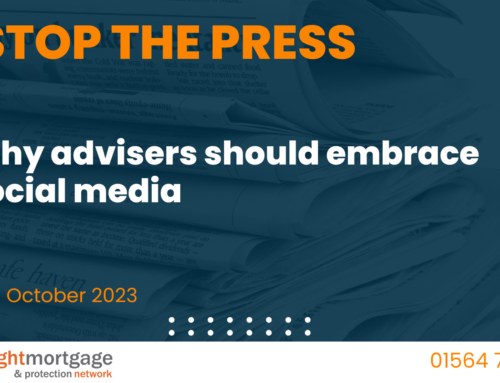Everything in life is about priorities. And, what you prioritise will dictate what your life looks like.
Healthy food shop – £100 – too expensive
Dinner date – £100 – reasonable
Months supplements – £100 – can’t afford that
A night out drinking – £100 – a weekly occurrence
Personal growth seminar – £280 – crazy chat
Gucci belt – £280 – need to have it
Start a business – £1000 – I can’t justify that
iPhone XR – £1000 – this is a necessity
60 mins at the gym – I wish I had time
60 mins watching Netflix – time flies watch another one!
I have seen this doing the rounds by positive thinking influences on social media, my answer naturally was, “how much do you prioritise to spend on your income replacement?”
After looking at the Legal and General Deadline-to-Breadline stats, I can’t stop thinking about income protection. Their shocking research from last year showed that the average UK employee could maintain their lifestyle for just over a month – only thirty-two days – if their income stopped and they had to rely on savings. How often do you highlight that to your clients?
Then I had a conversation with a friend after her son, Chris, was looking for a mortgage. She had remembered me saying how important income replacement insurance was, and yet the broker hadn’t mentioned it to Chris.
Can you imagine what situation Chris would be in after getting a mortgage with his fiancé? He would have spending his entire savings, and signing up for debt for the next 30 years. His income from his engineering career would be completely tied up to his home and building a life together with his family. This pressure would only grow once they start adding precious little people into their life.
And, even though Chris may be the breadwinner. If something were to happen to his fiancé, this position would be compromised. He may have to go part-time or hire childcare. Income protection and critical illness cover are essential for both parties.
I know this isn’t the most positive spin on this exciting time, but it is so important to plan for the future while at the same time you’re committing to the future. Protecting your income should be budgeted in with the rest of your financial plan to protect you against loss of income due to illness or injury.
Now, this is the conversation you should be having with your clients. Whoever saw Chris wasn’t a mortgage broker we know, but don’t let his negligent actions mirror your practice. Just think to yourself, this should be the first thing you sell when helping people take out a mortgage … it comes down to being a waste of the deposit if they can’t afford repayments.
You know all this, we all talk about this all the time – however, why do we only think about replacing the mortgage payments? Imagine if, while they had saved and were in the process of looking for a house, something happened and one of them couldn’t work.
The landlord won’t be sympathetic at the end of the month.
You have just lost a mortgage sale – they have lost their income until they are better, let’s hope it’s less than 32 days!
Research by Mintel, Rostrum and Legal & General shows:
- 2.5 million people in the UK are living with cancer, 900,000 are still working
- Nearly 2.3 million people in the UK suffer heart disease, with 240,000 still working
- Over 1.2 million in the UK have had strokes, 130,000 are still working
- 300,000 suffer Multiple Sclerosis
When we looked at the Drewberry Survey 2014*, we found that taking time off work for illness or injury, unfortunately, isn’t rare:
- 1 in 5 workers need to take over 3 months off work due to illness or injury during their working life
- 24% of workers receive no sick pay above Statutory Sick Pay
- £92.05 per week is the amount paid for Statutory Sick Pay for up to 28 weeks and is only available to employees
- The self-employed may be eligible for Employment and Support Allowance, worth just £73.10 a week if you’re aged 25+ for the first 13 weeks, potentially rising to £110.75 thereafter depending on how severe your disability is.
While your client deals with an awful situation, or maybe just an annoying one that takes them out of work, the last thing they need to worry about is the financial pressures. Helping them safeguard their future is up to you, because many people out of the financial services industry may not be aware of, or even thought of income protection.
The people who can afford to live comfortably after critical illness shouldn’t just be the lucky ones. Helping people understand the costs, and find the most suitable deal, can ensure them to continue with their life, and their families are looked after.
My real question is – Do you have income replacement? If you don’t, why would your clients?




